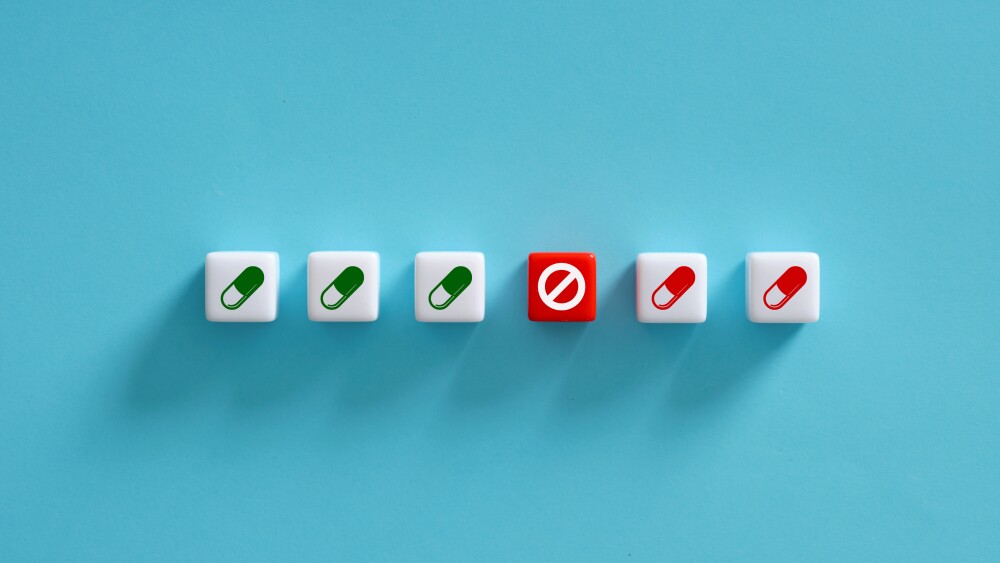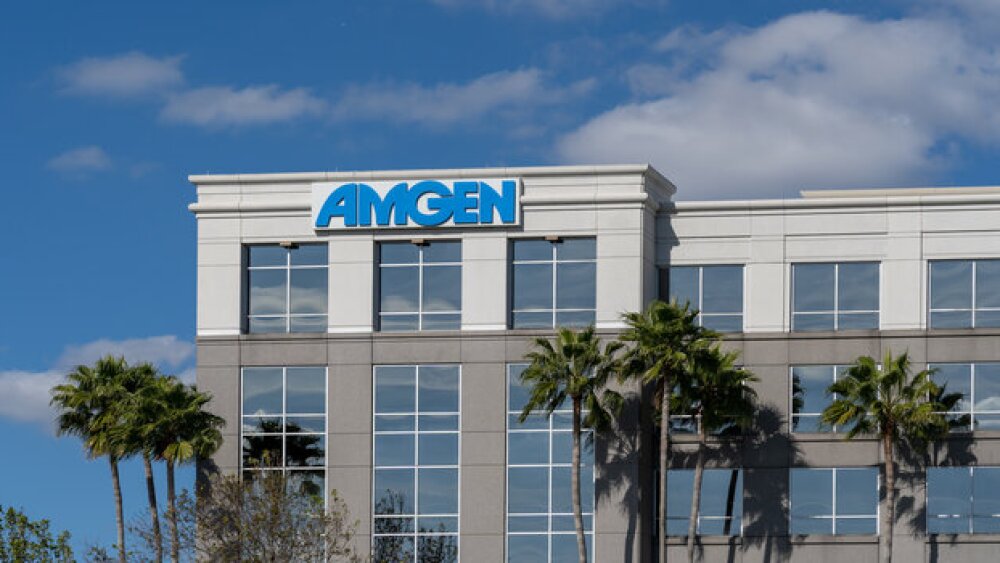June 16, 2017
By Alex Keown, BioSpace.com Breaking News Staff
NEW YORK – TG Therapeutics has had no shortage of positive data over the past few weeks as it has seen strong results from its Phase III anti-CD20 monoclonal antibody TG-1101 and its triple combination treatment of TGR-1202, TG-1101 and ibrutinib (Imbruvia).
Today the company is roaring into the International Conference on Malignant Lymphoma, buoyed by the Chronic Lymphocytic Leukemia treatment data, which was previously revealed earlier this month in Chicago at the American Society of Clinical Oncology. The data being shared could mean that TG Therapeutics is onto something big and noteworthy, analyst Todd Campbell said in The Motley Fool.
At ASCO, TG Therapeutics said TG-1101 (ublituximab) combined with AbbVie’s Imbruvica demonstrated an objective response rate of 78 percent in patients with high-risk CLL. The combination showed that a complete response rate was at 7 percent, Campbell noted. That, he said, matches up favorably to treatments with Imbruvia alone, which had an ORR of 45 percent and a CR of 0 percent.
TG Therapeutics Chief Executive Officer Michael Weiss said improving on Imbruvica as a monotherapy is important as the data the company is presenting demonstrated the capability to improve the outcomes of those hard-to-treat patients.
“As presented today at ICML, and last week at ASCO, the GENUINE Phase 3 trial showed that by adding TG-1101 to ibrutinib, we could improve overall response rate, CR rate, and MRD negativity in high risk patients. We believe the data provide a compelling case for accelerated approval given the demonstrated clinical benefit with limited additional safety risk…,” Weiss said in a statement released this morning.
The data is encouraging enough that the company plans to present the information to the U.S. Food and Drug Administration later this year.
Campbell agreed that the data is encouraging. In his piece on The Motley Fool he noted that TG-1101 works differently than other anti-CD-20 drugs, such as Rituxan. He said TG Therapeutics’ drug “targets a specific and unique CD-20 molecule that’s found on mature B-cells,” which means that when paired with Imbruvica, it’s “quite effective.”
Campbell said TG-1101’s market potential is pegged by the company at more than $200 million annually. However, Campbell said it has an opportunity for use in diffuse large B-cell lymphoma, which could be more than $1 billion.
Additionally, Campbell touted TG Therapeutics’ triple-combination drug. Adding the company’s PI3K-delta inhibitor TGR-1202 to the combination of TG-1101 and Imbruvica, the company saw a 100 percent ORR by iwCLL criteria, as well as a high level of complete responses. Campbell said that TGR-1202 is similar to Gilead Sciences ’s Zydelig, also a PI3K delta inhibitor, but hasn’t had the same safety issues.
“If efficacy and safety stay this good in a planned registrational study, then TGR-1202 could eventually generate sales in nine figures. For perspective, despite safety concerns, Zydelig’s first-quarter sales were still $35 million,” Campbell said.
Shares of TG Therapeutics are trading at $11.22 this morning.





